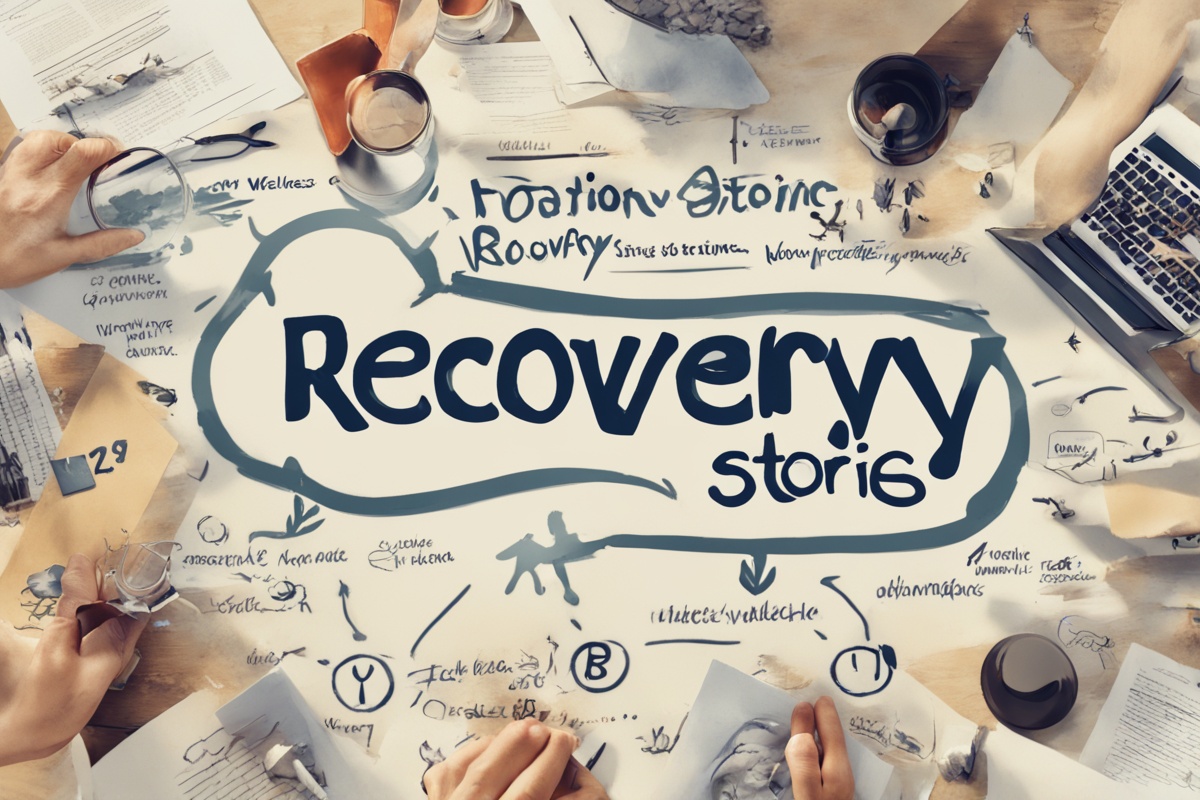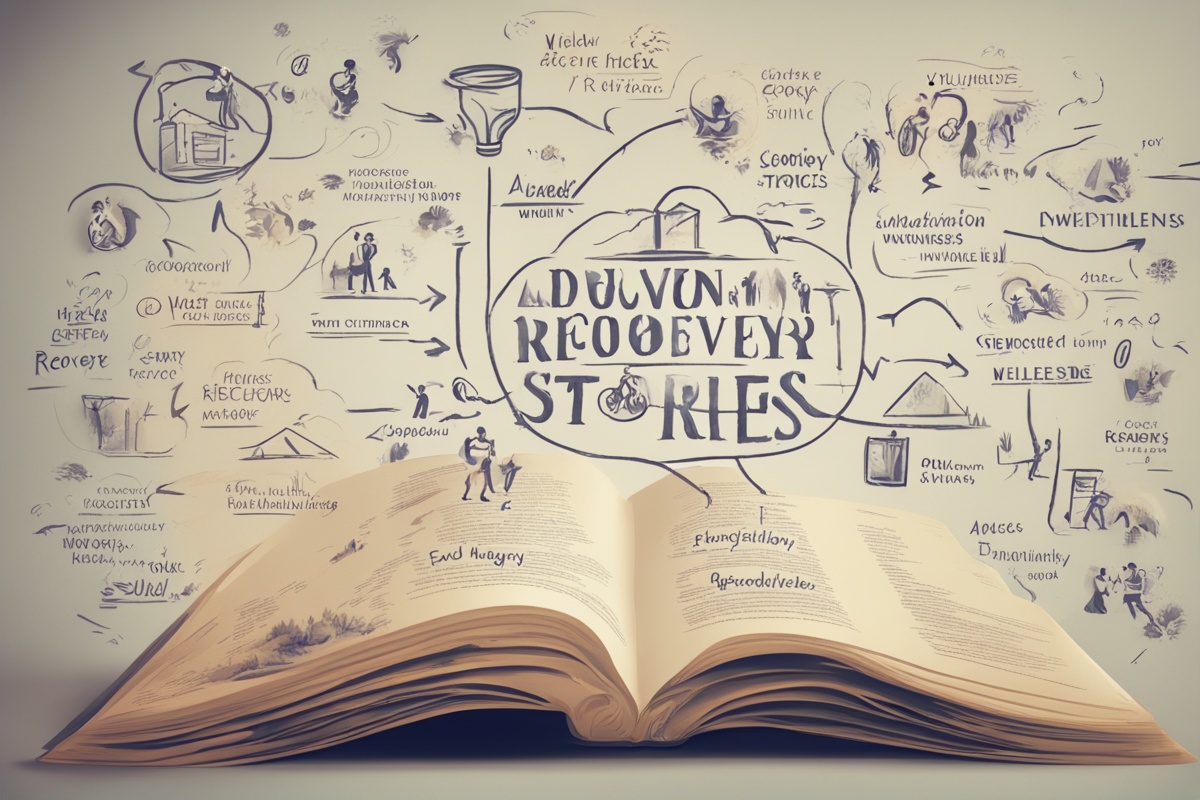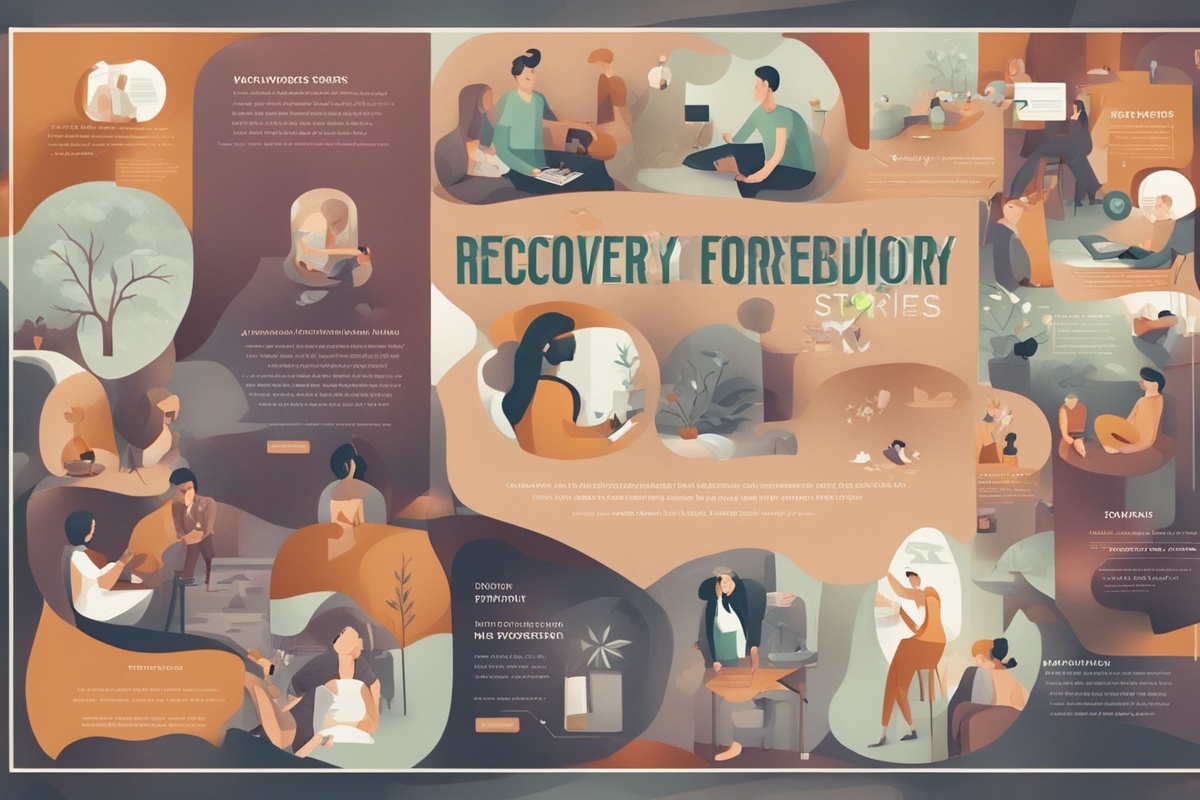Every day, countless individuals embark on a path that transforms their lives in ways they never thought possible. These are the inspiring journeys of sobriety—stories of grit, resilience, and hope that remind us of the human spirit’s incredible capacity to heal. Whether it’s breaking free from the grip of alcohol, drugs, or other addictions, these narratives aren’t just about quitting a substance; they’re about rediscovering purpose, rebuilding relationships, and reclaiming life itself. If you’ve ever wondered, “Can I really turn things around?”—these stories are proof that the answer is a resounding yes.
In this post, we’ll dive deep into what makes these journeys so powerful. I’ll share insights drawn from real-life experiences, expert opinions, and actionable advice to help anyone who’s struggling—or supporting a loved one—find a way forward. Let’s explore the highs, the lows, and everything in between on the road to recovery.
The Power of Inspiring Journeys of Sobriety
Why do stories of sobriety hit us so hard? Maybe it’s because they strip away the pretense and show raw, unfiltered humanity. They’re not sugar-coated tales of overnight success. Instead, they reveal the messy, painful, and often nonlinear path to healing. Imagine you’re sitting across from someone who’s been through hell and back—they’ve lost jobs, alienated family, maybe even hit rock bottom. Yet, here they are, sharing how they clawed their way out. That’s the kind of inspiration that doesn’t just motivate; it ignites something deep within us.
These journeys often start with a single, pivotal moment—a wake-up call. For some, it’s a health scare; for others, it’s losing something or someone they love. Take, for example, a hypothetical person named Sarah. At 32, she found herself hiding empty wine bottles from her kids, realizing she couldn’t remember the last sober day she’d spent with them. That gut punch of shame became her turning point. Stories like Sarah’s aren’t rare. According to the National Institute on Alcohol Abuse and Alcoholism (NIAAA), millions of Americans struggle with alcohol use disorder, but many find their way to recovery through moments of clarity just like this.
The First Step: Acknowledging the Struggle
Let’s be real—admitting there’s a problem is often the hardest part. It’s like standing at the edge of a cliff, knowing you’ve got to jump but terrified of what’s below. For many on their inspiring journeys of sobriety, this step feels like a battle between pride and desperation. But here’s the thing: you can’t heal what you don’t acknowledge. I’ve spoken with folks in recovery who’ve said that simply saying the words, “I need help,” felt like lifting a thousand-pound weight off their chest.
Consider joining a support group like Alcoholics Anonymous (AA) or Narcotics Anonymous (NA) as a starting point. These communities provide a safe space to share without judgment. A friend of mine, who I’ll call Mark, once told me how his first AA meeting changed everything. He walked in expecting to feel out of place, but instead, he found people who got it—people who’d been where he was. That connection gave him the courage to keep showing up. If you’re curious about finding a group near you, check out our guide on Support Groups for Recovery for more resources.
Overcoming Obstacles on the Path to Sobriety
The road to sobriety isn’t a straight line. It’s more like a winding trail with unexpected detours and steep climbs. Relapses happen. Triggers lurk around every corner. And sometimes, the people you thought would support you turn away. But here’s a hard truth I’ve learned from those who’ve walked this path: setbacks don’t define your journey; how you respond to them does.
One common obstacle is dealing with cravings. Imagine you’re three months sober, and suddenly, a stressful day at work makes you crave that old escape. What do you do? Experts like Dr. Nora Volkow, director of the National Institute on Drug Abuse (NIDA), emphasize the importance of having coping strategies in place—whether it’s deep breathing, calling a sponsor, or diving into a hobby. I’ve seen this work firsthand with a family member who turned to journaling during tough moments. Writing down their thoughts helped them process emotions without reaching for a drink. For more on managing cravings, take a look at our post on Coping Strategies for Addiction.
Another hurdle is rebuilding trust with loved ones. Addiction often leaves a trail of broken promises and hurt feelings. Reconnecting takes time, patience, and consistent action. Apologies alone won’t cut it; showing up day after day, sober and accountable, is what rebuilds bridges. It’s not easy, but it’s worth it.
The Role of Community in Inspiring Journeys of Sobriety
Ever heard the saying, “No man is an island”? It couldn’t be truer when it comes to sobriety. Going it alone is a recipe for struggle, but surrounding yourself with a supportive community can be a game-changer. Whether it’s family, friends, or a recovery group, having people in your corner makes the load feel lighter.
Take the story of a woman I met at a local recovery event. Let’s call her Lisa. After years of battling opioid addiction, she credits her sobriety to a tight-knit group of friends she met in rehab. They check in daily, celebrate milestones together, and hold each other accountable. Lisa told me, “I wouldn’t have made it without them. They’re my lifeline.” Research backs this up—studies published in the Journal of Substance Abuse Treatment show that social support significantly increases the likelihood of long-term recovery.
If you’re looking to build your own support network, start small. Reach out to a trusted friend or explore online communities if in-person groups feel intimidating. Our article on Building a Recovery Network offers practical tips to get started.
Celebrating Milestones and Finding New Purpose
One of the most beautiful parts of inspiring journeys of sobriety is watching people rediscover who they are—or even become someone entirely new. Sobriety isn’t just about giving something up; it’s about gaining a life you never thought possible. Celebrating milestones, whether it’s 30 days sober or five years, reinforces that progress. I’ve been to sobriety anniversary parties where the room buzzes with pride—cake, laughter, and sometimes tears, as people reflect on how far they’ve come.
Finding purpose is another key piece of the puzzle. For many, addiction fills a void, and sobriety means figuring out what else can take its place. Some turn to volunteering, others to creative pursuits like painting or writing. I recall a man in his 50s who, after getting sober, started mentoring younger folks in recovery. He said helping others gave him a sense of meaning he’d never felt before. What could your “thing” be? Maybe it’s something you’ve always wanted to try but never had the courage to pursue.
Don’t underestimate the power of small wins, either. Waking up without a hangover, saving money you’d have spent on substances, or simply feeling present—these are victories worth savoring. Over time, they add up to a life rebuilt.
Practical Tips for Starting Your Own Journey
If you’re reading this and thinking, “I want that kind of transformation,” know that it’s within reach. Here are a few actionable steps to kickstart your own inspiring journey of sobriety, drawn from expert advice and real-world experience:
- Seek Professional Help: A therapist or counselor specializing in addiction can provide tailored guidance. Detox programs may also be necessary for safe withdrawal, especially with substances like alcohol or opioids.
- Build a Routine: Structure helps. Fill your days with positive habits—exercise, healthy meals, or even a morning walk to clear your mind.
- Avoid Triggers: Identify situations or people that tempt you and create boundaries. If happy hour with coworkers is a danger zone, suggest a coffee meetup instead.
- Be Kind to Yourself: Recovery isn’t perfect. Slip-ups don’t mean failure; they’re part of the learning curve. Keep going.
Remember, there’s no one-size-fits-all approach. What works for someone else might not work for you, and that’s okay. Experiment, reflect, and adjust as you go.
Final Thoughts on Inspiring Journeys of Sobriety
The inspiring journeys of sobriety aren’t just stories—they’re beacons of hope. They remind us that no matter how dark things get, there’s always a way out. I’ve seen it in the eyes of people who’ve shared their struggles with me, in the laughter of families reunited, and in the quiet pride of someone marking another sober day. Recovery isn’t a destination; it’s a lifelong journey of growth, and every step forward matters.
If you or someone you love is on this path, hold onto the belief that change is possible. Lean on community, seek out resources, and celebrate every victory, no matter how small. And if you’ve got a story of your own, don’t keep it to yourself—your journey could be the spark someone else needs to start theirs.
References
- National Institute on Alcohol Abuse and Alcoholism (NIAAA) – Understanding Alcohol Use Disorder
- National Institute on Drug Abuse (NIDA) – Dr. Nora Volkow’s Blog on Addiction Science
- Journal of Substance Abuse Treatment – Studies on Social Support in Recovery
Disclaimer: This article is for informational purposes only, based on general research and shared experiences. It is not intended to serve as a substitute for professional medical, psychological, or legal advice. Addiction and recovery are deeply personal and complex issues, and individual circumstances vary widely. Always consult a qualified healthcare provider, therapist, or counselor for personalized guidance tailored to your specific situation. The insights and suggestions provided here are meant to inspire and inform, but they should not be taken as definitive solutions or guarantees of outcomes. If you or someone you know is in immediate crisis, please seek help from emergency services or a crisis hotline.
This content is for informational purposes only and not a substitute for professional advice.




